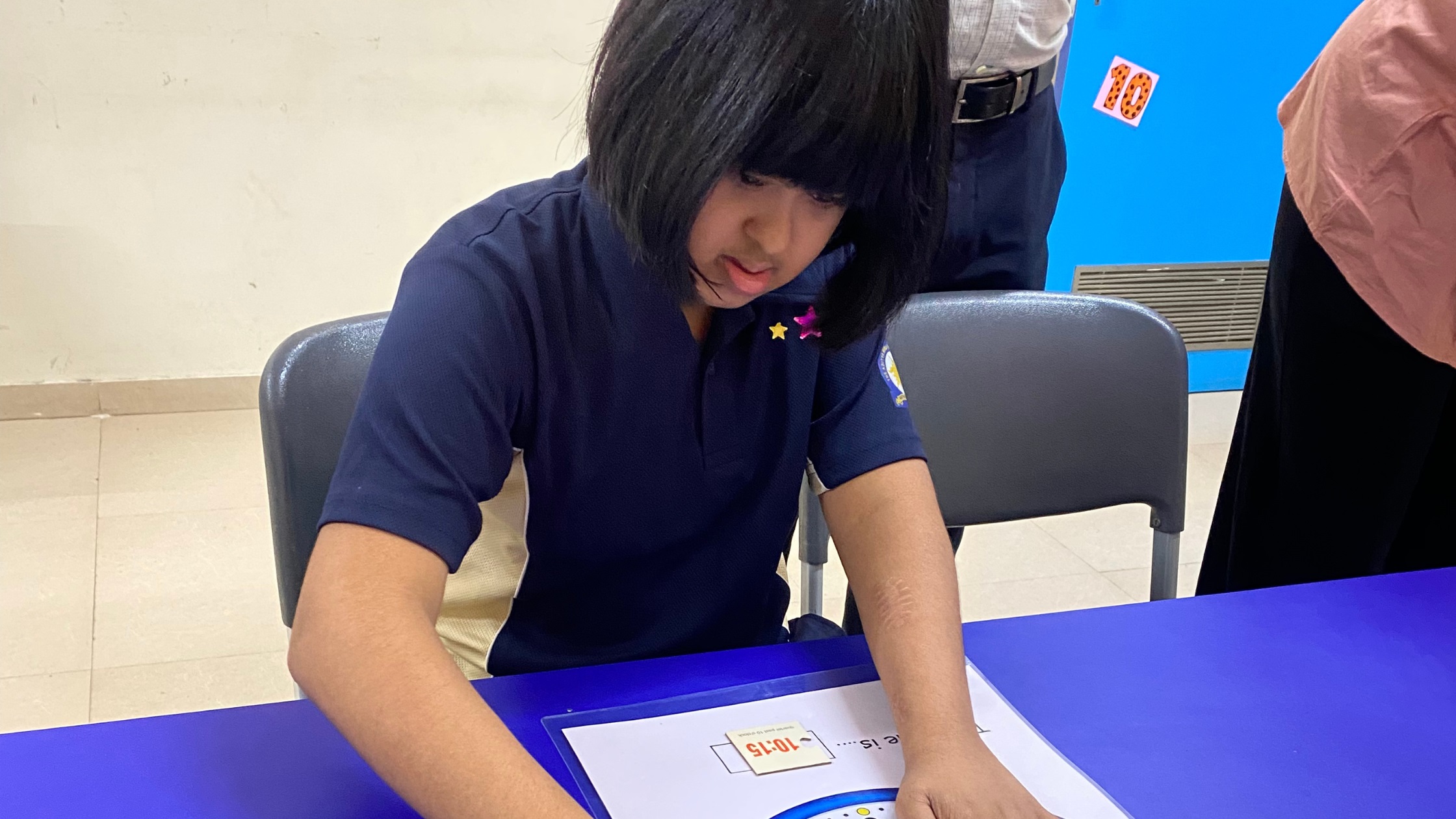

TABIS is one of the best schools for remedial support that caters to students with cerebral palsy (CP) and Down Syndrome it provides a comprehensive approach focusing on individualized support, specialized staff training, adaptive curriculum, assistive technologies, and a nurturing, inclusive environment.
In the context of Down
Syndrome and cerebral palsy inclusion and supporting students with Down
Syndrome and cerebral palsy at TABIS
(The Aditya Birla Integrated School) in Mumbai, it's crucial to emphasize tailored support,
understanding, and creating a nurturing environment.
Employ special educators, speech therapists, and
occupational therapists experienced in working with students with Down Syndrome
and cerebral palsy. - Have a designated staff member responsible for
coordinating and overseeing the support services for students with Down Syndrome.
Develop individualized education plans (IEPs)
for each student with Down Syndrome and cerebral palsy outlining specific
academic, communication, social, and life skills goals.
Regularly review and update IEPs based on the
student's progress and needs.
Modify the curriculum to focus on essential skills such as communication, social interaction, self-help, and basic academics.
Utilize evidence-based teaching methods tailored to the learning styles and abilities of students with Down Syndrome and cerebral palsy.
Continuously assess the effectiveness of
inclusive practices through feedback from students, parents, and teachers.
Use assessment data to make informed decisions, refine teaching methods, and enhance support services for students with Down Syndrome.
Provide access to augmentative and alternative communication devices to support students with speech and language
challenges.
Offer training and support for both students and teachers on effectively using AAC devices in the classroom.
Facilitate peer interactions and social skills development through structured activities and group projects.
Implement social skills training programs to enhance students' ability to form friendships and
interact positively with peers.
Encourage participation in inclusive sports,
arts, and cultural activities, allowing students with Down Syndrome to engage
with their peers in a supportive environment.
Celebrate achievements in these activities to
boost self-esteem and confidence.
On-Site Therapy: Tabis Offers on-site speech therapy, occupational therapy, and behaviour therapy within the school to address students' communication, motor, sensory, and behavioural needs.
Integration with Learning: Integrate therapy goals into the students' overall learning plans, ensuring collaboration between therapy sessions and classroom activities.
Accessible Infrastructure: Ensure the school facilities are fully accessible,
incorporating ramps, elevators, accessible restrooms, and classrooms designed
to accommodate students with mobility
challenges.
Sensory-Friendly Environment: Create a sensory-friendly environment, considering factors like lighting, noise levels, and classroom layout to support students with sensory sensitivities.
Organize regular meetings for parents, providing them with resources and strategies to support their child's learning at home. Foster a strong partnership between parents and teachers, ensuring consistent communication and collaboration in the child's education.
Create a sensory-friendly classroom environment
by considering factors such as lighting, noise levels, and seating arrangements
to accommodate sensory sensitivities.
Provide sensory breaks and quiet spaces where students can relax and self-regulate if needed.
Use positive reinforcement techniques to
acknowledge students' efforts and accomplishments, fostering a positive
attitude toward learning.
Celebrate milestones and achievements, both big and small, to boost students' self-confidence and motivation.
Offer continuous professional
development opportunities for teachers and staff to stay updated on the latest
research, teaching methods, and assistive technologies related to Down Syndrome
education and CP.
Encourage teachers to
collaborate and share best practices in supporting students with Down Syndrome
and CP.
TABIS is implementing these
strategies and fostering a supportive, inclusive atmosphere, TABIS can provide
a conducive learning environment where students with
Down Syndrome and cerebral palsy in Mumbai can thrive academically and develop
essential life skills.